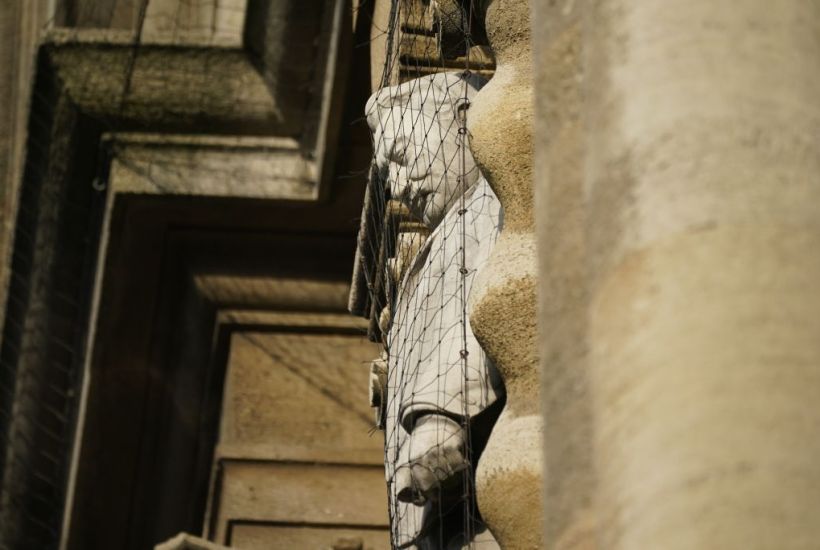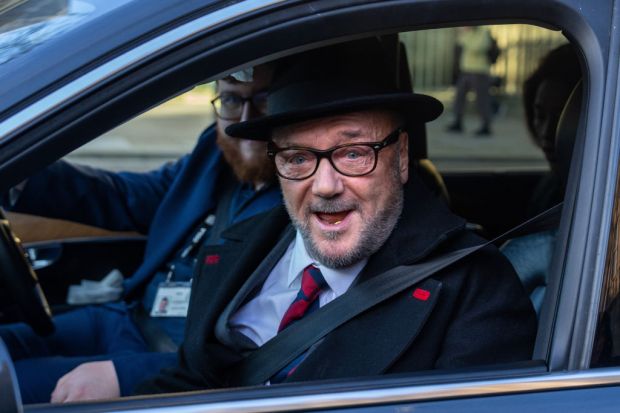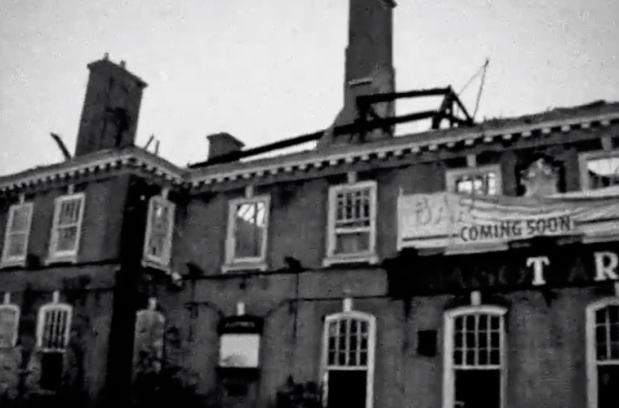The Black Lives Matter movement and the ‘Topple the Racists’ campaign have reminded us that monuments in public spaces can make powerful statements, on the rare occasions when we get round to noticing them. If the campaigners’ energy does not slacken, we can expect to have quite a few vacant plinths, and this will give us an opportunity to ‘confront’ (as some like to say) our history, and perhaps educate ourselves about the links between Britain and the ending of the appalling trade in human beings between Africa and the Americas, and between Africa and the Muslim world.
Many people will have ideas about this, and indeed have expressed them in the correspondence pages of the newspapers. So here are a few suggestions, offered in the spirit of truth and reconciliation.
Olaudah Equiano (c. 1745-1797): pioneer writer and campaigner against slavery – a considerable Enlightenment figure and early contributor to British awareness of the realities of slavery
Thomas Clarkson (1760-1846): a life-long campaigner against slavery from his student days, and ideal for replacing Colston in Bristol as he derived much of his knowledge of the trade from research there, and in 1823 Clarkson returned to Bristol to speak at the first meeting of the Bristol Auxiliary Anti-Slavery Society.
William Wilberforce: obviously, in Parliament Square or perhaps Trafalgar Square: the parliamentary godfather of abolition of the trade.
Bishop Samuel Ajayi Crowther (c. 1807-1891): released as a child from a Portuguese slave ship by the Royal Navy, the first ever African-Anglican bishop, pioneering scholar of the Yoruba, Nupe and Igbo languages, and anti-slavery advocate. There is no statue as far as I know: perhaps one for the grounds of Lambeth Palace?
Lord Castlereagh: one of our greatest foreign secretaries, who persuaded the reluctant Great Powers to commit themselves to abolishing the Slave Trade in the 1815 Treaty of Vienna – regarded as the first human rights clause in a major international treaty.
Lord Palmerston: a doughty political and diplomatic campaigner against the slave trade carried on by the Americans, French, Spanish and Portuguese, and who in 1850 (in what he called ‘his greatest and purest pleasure’) put an end to the biggest remaining slave trade in the western world by sending in the Royal Navy to destroy the Brazilian slaving fleet.
Elizabeth Heyrick (1769-1831), anti-slavery campaigner and philanthropist. Her anti-slavery works included appeals directed to British women and ‘notto the Government, but to the People of England’. The best known is Immediate, not gradual abolition, or, An inquiry into the shortest, safest, and most effectual means of getting rid of West Indian slavery (1824), a pamphlet which broached the idea of speedy abolition while William Wilberforce and other male leaders were still gradualist. It sold hundreds of thousands of copies in Britain and the USA. There seems to be no likeness of her, but a memorial in Leicester, her birthplace, would seem appropriate.
A prominent monument is surely needed – perhaps in Portsmouth? – to the officers and men who served at a heavy cost in lives and health in the Royal Navy’s anti-slavery campaign from 1808 to 1870, mainly off West Africa, during which they freed 160,000 enslaved Africans. I would suggest as an inscription: ‘They took off all the fetters from our feet and threw them into the water, and they gave us clothes that we might cover our nakedness, they opened the water casks, that we might drink water to the full, and we also ate food till we had enough.’
A plaque at least – perhaps on the wall of the Foreign Office near the Clive Steps – to the men of the Consular Corps, who in the West Indies and North Africa worked often at personal risk against slavery, for example the Consul General in Cairo, Thomas F. Reade, who collected information on the Egyptian slave markets by disguising himself as an Arab; or his colleague in Benghazi who maintained a safe house for escaped slaves at his own expense.
Perhaps we should also remind ourselves of the once famous but now forgotten Victorian working-class hero David Livingstone, who struggled against the depredations of Arab slavers in central Africa; but I suppose that the once equally famous General Charles Gordon, though utterly devoted to combatting the appalling slave raiding in the Sudan, is too eccentric a figure for present day tastes.
There are many experts out there who could improve on these tentative suggestions, and perhaps add further diversity. There are certainly many women campaigners against slavery who deserve commemoration, and perhaps a collective memorial would be worth considering.
Got something to add? Join the discussion and comment below.
Get 10 issues for just $10
Subscribe to The Spectator Australia today for the next 10 magazine issues, plus full online access, for just $10.




















Comments
Don't miss out
Join the conversation with other Spectator Australia readers. Subscribe to leave a comment.
SUBSCRIBEAlready a subscriber? Log in